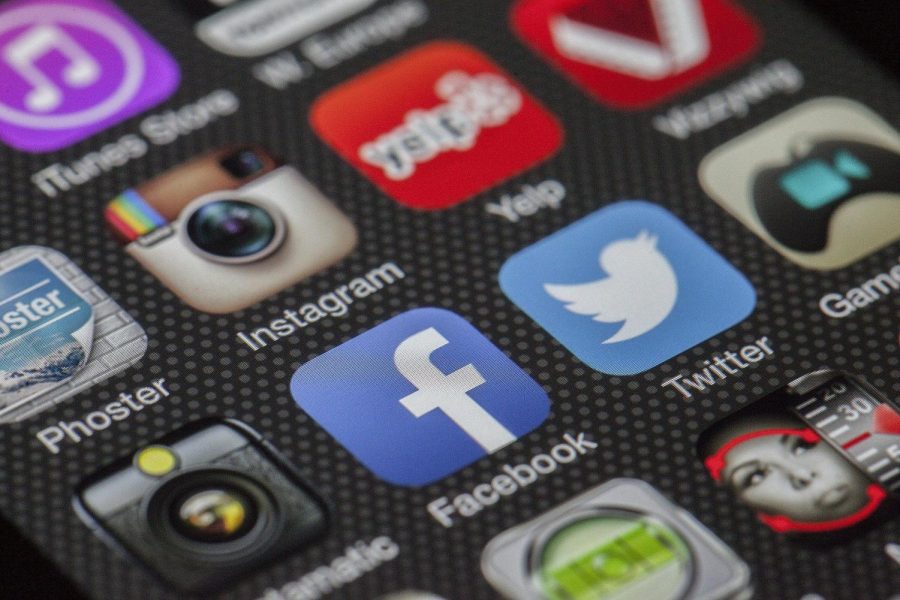Clickbait News Generates More Chaos During Coronavirus Pandemic
May 29, 2020
We’ve never dealt with a pandemic quite like COVID-19, it is unprecedented. With social media becoming more and more prominent as we shelter in place, it’s safe to say mass media has an impact on people’s reactions to the pandemic. The reality of current news is that stories are made for clicks. Clickbaiting is a popular method of choosing misleading titles in order to gain the interest of readers or viewers. Online journalists use clickbait as a way to bring attention to their work. This dangerous practice of misleading the public is incredibly real. Online journalists must stop misleading the public through clickbaiting because it is creating even more chaos during this time.
Fake news isn’t a new topic of concern. People are unaware that news sites and journalists are profiting off of the worldwide pandemic. According to a Forbes article written by Peter Suciu, the Columbia Journalism Review recently praised The Washington Post for the use of “off the neat trick of combing prestige journalism with a shadow of clickbait factory that puts out a steady flow of fast-turnaround aggregated stories grasping at virality.” The Washington Post is a leading news source and people expect when reading their stories and articles that they’re receiving truthful information. This is proof that no matter how trusted a news source seems, you must question everything you read on the internet or in newspapers. News sources shouldn’t be getting commended for using clickbait articles; they should be held accountable for spreading fake news and being a part of the problem.
Along with media sources marketing off of chaos and other people’s misfortunes, scammers and hackers have been using clickbait to steal people’s information and money. The number of companies and individuals trying to market off of this pandemic is truly disgusting, especially when these news sources should be only giving out correct information to inform the public and attempt to inform civilians and reduce people’s panic and uncertainty.
The dangers of using clickbait appear when, unfortunately, many people only read titles and not full articles. With that said, it is unacceptable to use a fake or clickbait title because people perceive it as the truth, especially if it’s seen on a generally trusted news source like The Washington Post. Without reading the complete article and knowing the title is exaggerated or false, fake news is spread. So, this does put some of the blame on the reader. You can’t read a headline and automatically think of it as the truth considering there is no evidence, statistics, or facts within the six word headline. If one isn’t willing to read the entirety of the article to learn the facts then they shouldn’t be spreading that information around. This is such an easy way we can combat the power clickbait news titles have in spreading false information.
A common misleading article topic relates to the question of whether schools and universities will reopen in the fall. These articles make their titles seem definite, as if all schools are certainly bound to be closed for the first semester. When in reality, once reading the full article, it is clear that the title is false and most schools have not officially closed for the 2020 fall term at the moment. “My friends and I are stressed about the outcome of all of this, we aren’t sure what’s going to happen in the fall. It makes me anxious not knowing but I know that educating myself with correct information backed with evidence keeps me updated and hopeful during this time,” senior Katrina Schrittwieser said.
The whole world is going through this pandemic together, we are all experiencing the chaos of the unknown. During this time we should protect ourselves from false information in the media by not letting fear cloud our judgement. We must learn the real facts and hold every news source accountable for their hand in creating more chaos and danger during this pandemic.








